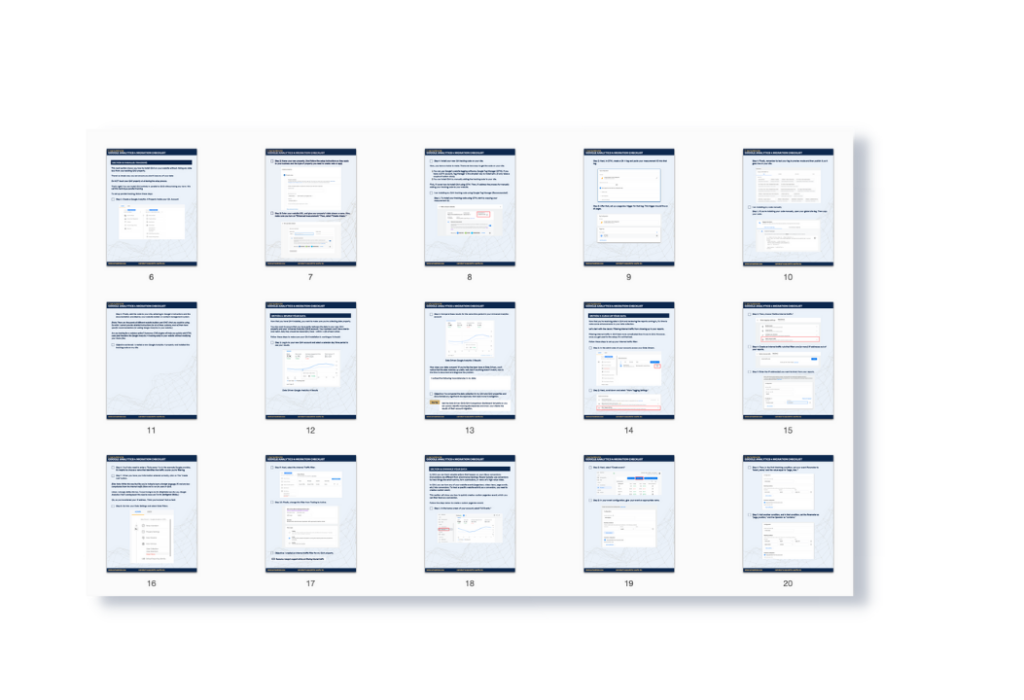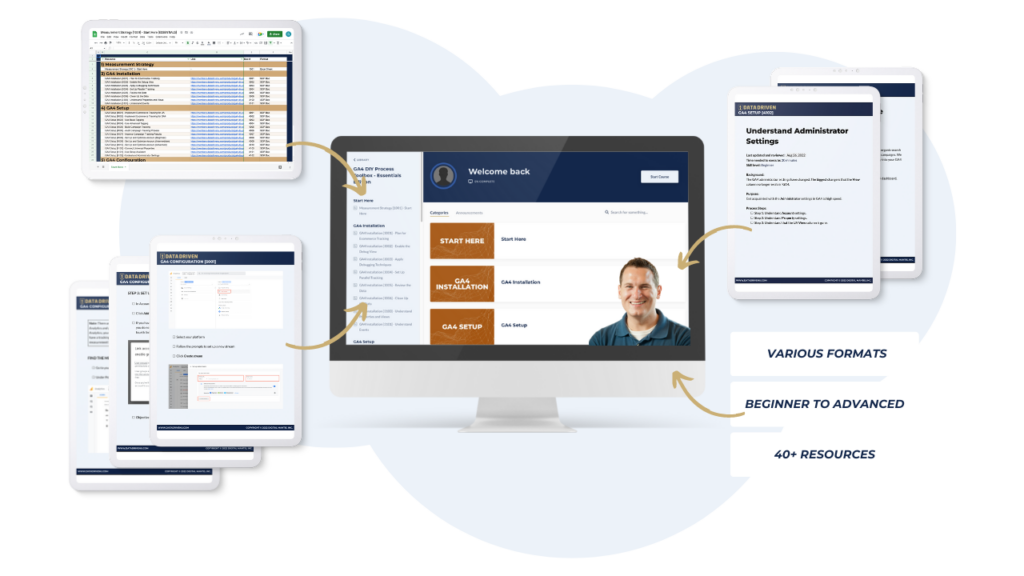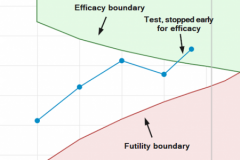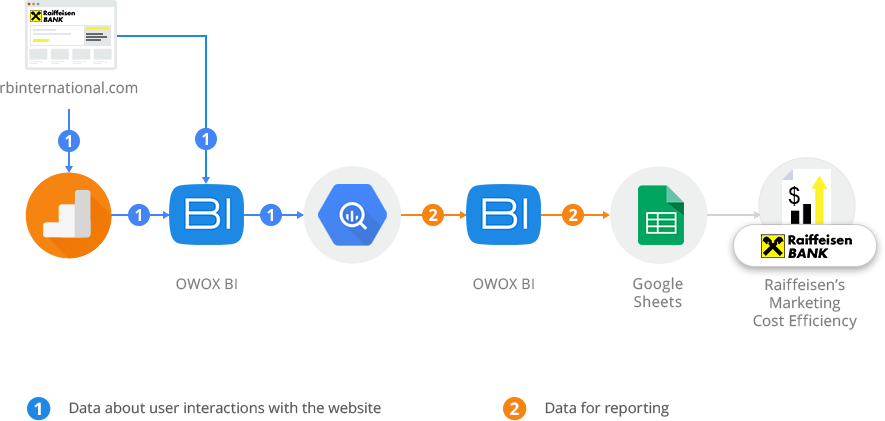In the last few months there were a few popular articles at Online Behavior. First Stephane Hamel’s post The Ultimate Definition of Web Analytics, which discussed a better, or more accurate, definition of the Analytics industry as a whole. Then, Justin Cutroni’s article Rethinking Web Analytics, which discussed different types of professionals (Web Analysts X Digital Analysts) and how the industry should move forward.
In this post I would like to share some insights on the role of expert Web Analysts, mainly those people that do Analytics for a living, either from a practitioner, vendor or consultancy point of view. Maybe, according to Justin’s post (link above), they should be called Digital Analysts.
The insights were mainly learned from playing Lego with my son, which loves those little bricks… I have learned to love them too, both because they offer a rich ground for creativity and because Lego is an admirable company (check their 404 page and their amazing customer experience). As I show in the lessons below, playing Lego with your kid is very similar to being an expert Web Analyst.
Lesson #1 – Order is Critical

Playing Lego is really fun, but there is no bigger frustration than building a whole truck (or car, or robot, or anything) just to discover that a tyre is missing. And that happens way too often; if not, why would there be a whole section in the Lego website just for missing parts? Of course bricks disappear, we all use vacuum cleaners, don’t we? But, one of the causes of them disappearing is a lack of order.
The same is true for Web data: how many times have you looked for a piece of data necessary for a decision that you just couldn’t find? I guess the answer is: way too often! I have seen enough implementations to know that coding and settings are usually dealt with a lack of attention that can lead to inaccurate and incomplete data.
Back to Lego, have you ever heard of a group of 11 people that are called Lego Certified Professionals? What a cool title! Their job is to travel around and do Lego events where kids can come and play. They set the stage, organize everything, and kids just build. In other words, they remove all barriers (e.g. searching and organizing bricks) for kids to build. I think that every parent has this job, to help build the circumstances where children can focus their attention on what really matters: building. Well, I also think organizing should be part of the game, but that’s another article!
In the same way, as a Google Analytics Certified Partner and a Web Analyst in general, I feel that my job is largely to help companies set the stage for decision making. A manager should not be looking for data, s/he should be looking for insights, the data should be found seamlessly; and this is the Web Analyst job, to design the Analytics account taking the user into consideration. To conclude:
The Web Analytics expert is responsible for making the data available, accurate and easy to find so that decision makers can focus on what really matters: insights.
Lesson #2 – Don’t be Anti-Social

Saturday morning, rainy day, a perfect time for answering that emails and read your RSS feeds, right? Wrong. A perfect time to play Lego with your kid! Usually on weekends, but also late afternoons, kids come asking to play Lego and the natural answer might be: “sure, let me finish this and I will come soon, go play, I will be right there.” We often think that Lego is something to play alone with. But when you play, you understand that it is far from true. When playing with other people you build something that is a result of all players and more: synergy. Apart from that, it is a great way to spend some quality time together.
The same is true for Web Analytics, many people think that analysis is something you should do alone, sitting in a dark cubicle with a cup of coffee. The cup of coffee is always good, but Analytics is most fruitful when done in groups. I have come to learn that when you have the marketer, the designer and the IT guy in the same table you can do wonders! From those interactions you learn each other’s job, the challenges and the opportunities for any project. Apart from that, it is a great way to spend some quality time together. In summary:
The Web Analytics expert should not work in a silo, he should sit on the table with marketers, designers, IT people, and management. Only through team work Analytics will produce actionable outputs.
Lesson #3 – More is Not Necessarily Better

Have you seen the huge number of Lego bricks out there? That’s a whole lot of types. If you have them at home (which is not uncommon for Lego fans), you will know that too many types can actually make building harder (although it might also produce richer outputs when used well). Sometimes the classic brick is what you need, but since you have 200 types of super cool bricks you even don’t look at it.
It is the same with Web data, today we have so many sources of data, and so many metrics, that we sometimes forget to look at the simplest (and most straightforward) metrics like Product Performance or Revenue. When we are designing an Analytics account, we are often caught in the dilema: “What should we track?” And the answer is very often: “Let’s track everything and then we will figure out what to do with it!” Collecting data for the sake of collecting, without a plan behind it, makes it much harder to analyze and extract insights later. I believe that in most cases it is better to sacrifice future data needs in order to get the most important data just ready for people to use it.
The Web Analytics expert should always focus on what is needed in order to make decisions. Providing more data is not always helpful. Or, as Albert Einstein said: “Make things as simple as possible, but not simpler.”
Closing Thoughts
The idea for this article came from a discussion I had with Avinash Kaushik over a coffee (or was it over one of his exotic drinks?). I asked him: “How do you educate your children to become good analysts?” The question stayed in my head for a long time, until I realized that playing with Lego, something my son is crazy about, is actually what I do.
In addition to the lessons shared above, I think that Lego is an amazing learning experience for two reasons:
- It teaches us to think outside the box: Lego encourages people to be creative by getting different kinds of bricks (data?) and transforming them into a sculpture (insight?)
- It teaches us to think inside the box: Lego provides great manuals, encouraging us to learn how to follow rules (codes?)
I provided three lessons to expert Web Analysts that I have learned from playing Lego with my son. I believe that to be a successful professional in this industry people need to focus on order, social skills and simplicity. How do YOU think we can educate our children and ourselves to become better analysts?








